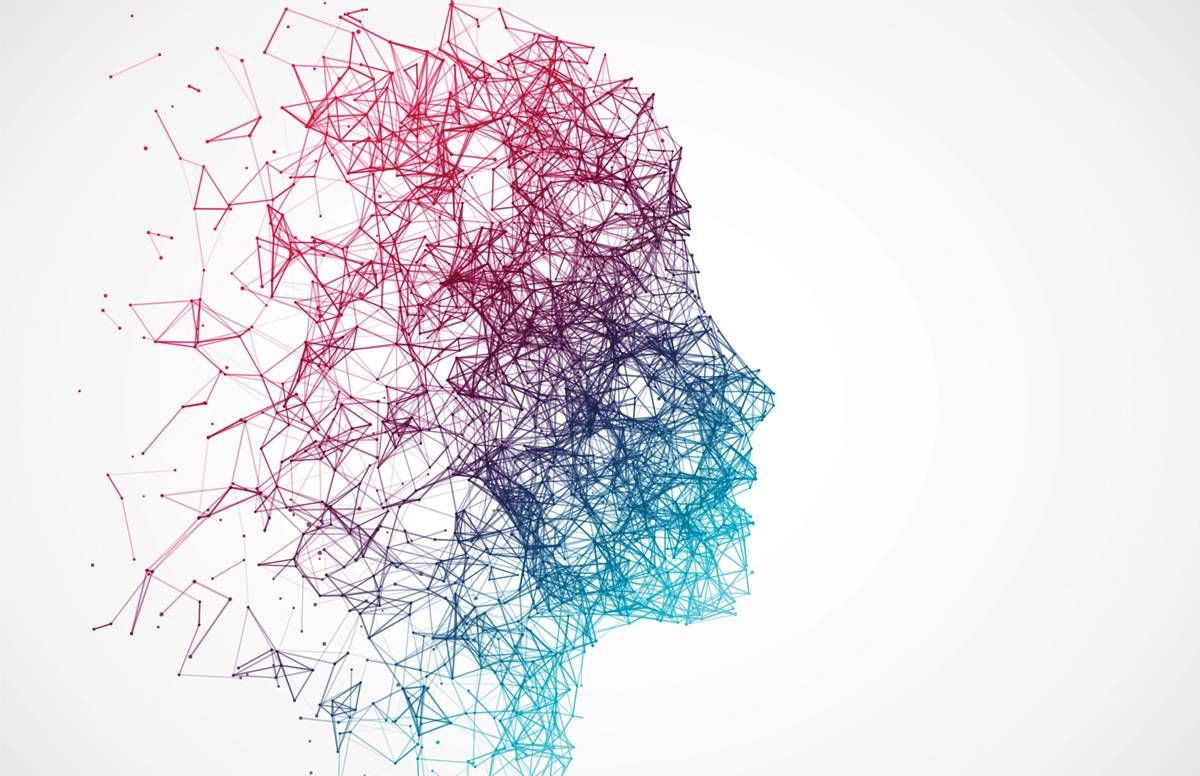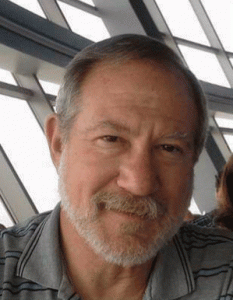Feeling Foggy After Cancer Treatment? It Could Be Chemo Brain
Why this side effect happens and what to do about it
About eight years ago, Jeff Goldberg, a math teacher in Tucson, Ariz., was quizzing his class on some of the salient points of algebra. A student waved his hand in the air and said “Mister, you never taught us this.” “Yes, I did,” Goldberg answered, not realizing until hours later that his student was right. He had totally skipped chunks of the curriculum.

“And that was when I realized that my chemo brain had gotten out of control and was affecting so many areas of my life. It had been going on for years, but I wasn’t willing to recognize it until then,” Goldberg admitted. “My biggest fear was that I was developing dementia or Alzheimer’s disease.”
Back in 2005, when he turned 50, Goldberg was diagnosed with testicular cancer. The tumor was removed, and he underwent several rounds of chemotherapy, which cured the cancer. He has been in remission ever since.
It annoys her when people laugh it off, saying, 'Well, we’re not as young as we used to be.'
The treatment side effects experienced by Goldberg — referred to as chemo brain, brain fog or chemotherapy induced cognitive impairment (CICI) — can last from months to 10 years or more after treatment. Most people with it show improvement within six to 12 months.
What Is Chemo Brain?
“Chemo brain” can also occur in patients receiving hormonal treatment, radiation or surgery without chemotherapy. It is believed that some types of cancer (besides brain or central nervous system cancers) are themselves responsible for cognitive difficulties.

“Cancer-related cognitive impairment is now understood to be a complex, multi-factorial problem with various contributory factors.” says Dr. Kevin Liou of the Bendheim Integrative Medicine Center of Memorial Sloan Kettering Cancer Center in New York City.
During and after cancer treatment, survivors may experience changes in attention span, concentration, organizational abilities, multitasking, short term memory, reading comprehension or word finding. It may be hard to complete a sentence or remember a name. Others report difficulty processing information or generally feeling fuzzy or spacy.
A number of chemotherapy drugs, including Cytoxan (cyclophosphamide), Adriamycin (doxorubicin) and Adrucil (5-FU) are especially associated with chemo brain. Other possible contributing factors include altered brain chemistry, structural changes in the brain, drugs crossing the blood-brain barrier, reduced cell division in neurons and DNA damage.
The presence of a form of the APOE gene, associated with Alzheimer’s disease, may also increase the risk of chemo brain.
Whether chemo brain increases the risk of dementia is complicated, says Liou. “Clearly, we need more research,” he notes.
How to Potentially Lessen Symptoms
There are, however, ways to potentially lessen symptoms of chemo brain.
For example, healthy living such as adequate sleep; good nutrition including an antioxidant-rich diet and body/mind therapies like yoga and Tai Chi can be useful. And cardiovascular exercise has been shown to stimulate the growth of new brain cells as well as to enhance overall brain function.
Then there’s cognitive rehabilitation, which aims to enhance concentration, visual processing and memory. Free websites and apps for this include Lumosity, PositScience and Fit Brains Trainer. Crossword puzzles, Sudoku and memory games can also “exercise” your brain.
There are no medications approved to treat chemo brain, but some may be helpful in reducing symptoms. These include drugs used for attention-deficit/hyperactivity disorder, Alzheimer’s disease and certain sleep disorders.
Liou is currently overseeing a study examining the use of acupuncture to improve cognitive function in cancer survivors.
“We know from MRI studies that acupuncture modulates brain activity in regions responsible for memory, learning and other important cognitive functions,” he says. “Animal studies and small clinical trials also suggest that acupuncture may increase levels of key neuropeptides that are essential for cognition.”
A Lack of Understanding by Others
Meantime, cancer survivors struggling with chemo brain like Esther Liss-Turner, 75, wish others understood their condition.
Liss-Turner, a retired New York City teacher, has been living with cancer since being diagnosed with early stage breast cancer in 1993. The disease is now in her bones and the soft tissue of her breast. Her mild symptoms of chemo brain have worsened in recent years.
“I go into a room and can’t remember why I came in, I forget the names of things or I lose my words,” Liss-Turner says. It annoys her when people laugh it off, saying, “Well, we’re not as young as we used to be.” That, she says, minimizes the reality of what chemo brain is like.
“They would have to be in my shoes to know just how upsetting it can be,” Liss-Turner says.
She finds that walking her dog several times a day has helped increase her mental sharpness.
Older cancer patients, who are potentially at higher risk of chemo brain because they have less brain reserve (the brain’s resilience to changes or damage) can benefit from having pre-existing deficits identified through neurocognitive testing.
This can help distinguish between normal, age-related cognitive changes and those resulting from cancer treatment. It’s also useful for planning coping strategies and choosing remediation techniques.
But dealing with chemo brain day-to-day can be frustrating, especially when engaging in things you like to do, as Goldberg has found. He’s also a woodworker and says that “in the past ten years, I have had to re-educate myself on things I used to know intuitively. Now, if I’m in my workshop making a piece of furniture, I need to think step by step about what to do next.”
And last year, while singing his favorite song — “If I were a Rich Man” from Fiddler on the Roof — at a friend’s Christmas party, he forgot some of the words. But, Goldberg adds, laughing, “Everyone joined in and we had the best holiday sing-a-long ever.”


